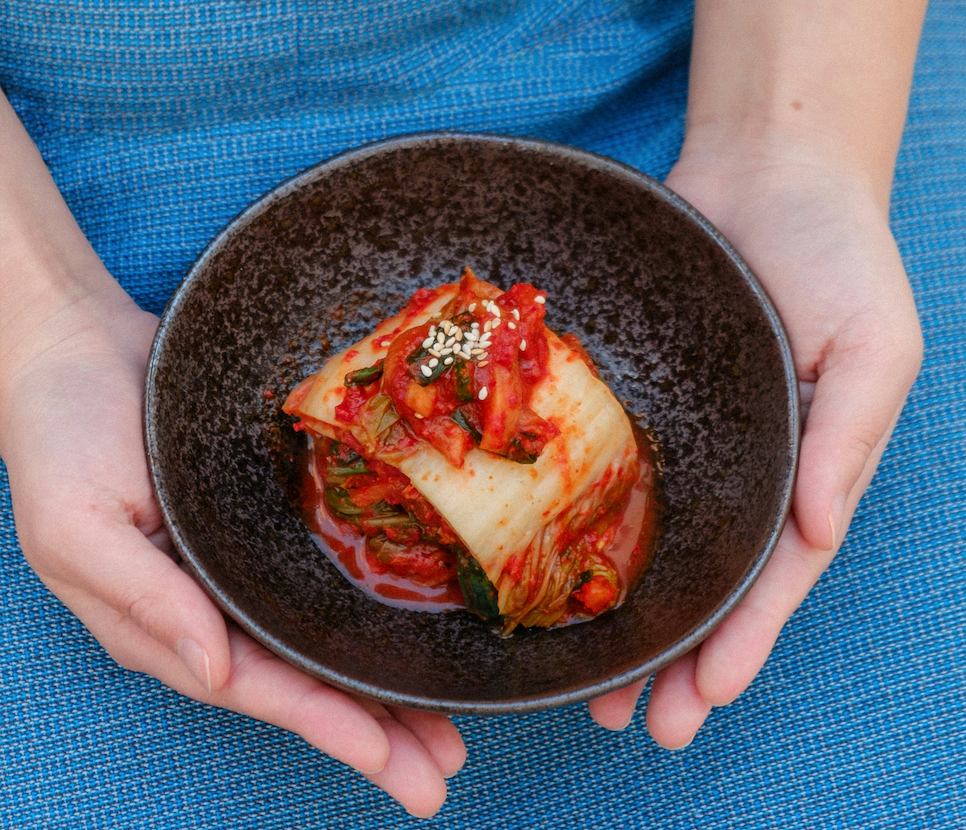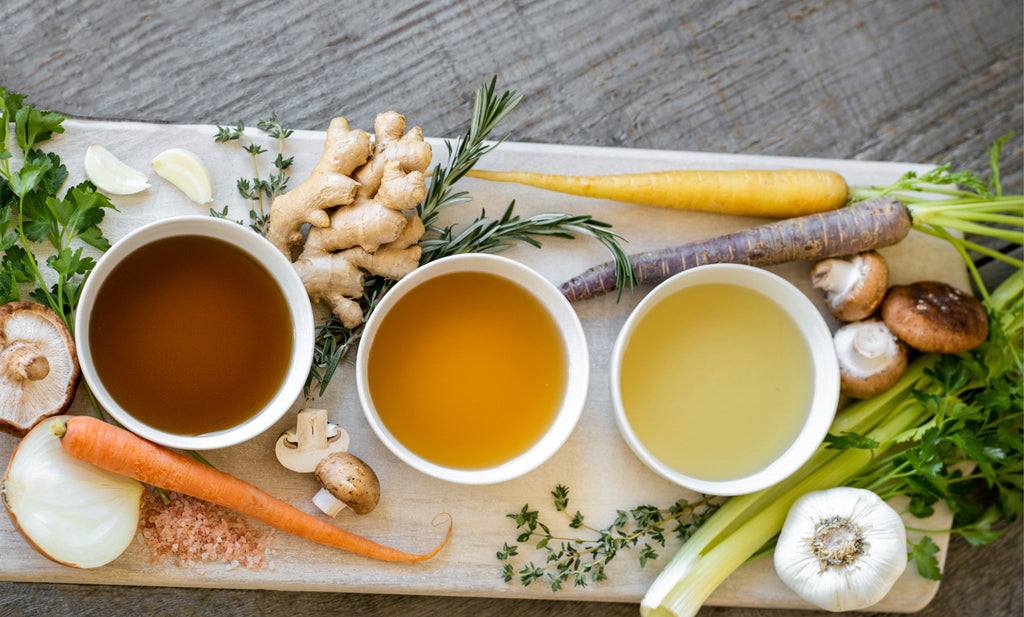One of the topics that will come up as you scour the many articles, blog posts and magazines on gut health is fermented food, probiotics and prebiotics. What are they and what’s the difference between the two? And how do they benefit our gut health?
The truth is they both benefit the balance of our gut bacteria in favour of the “good bugs”. This helps maintain our immune system and general physical and mental health. However, they do so in completely different ways.
Let’s take a look at both and examine how they help our health and wellbeing.
What are probiotics?
Probiotic means pro-life. This is because they benefit our bodies and improve our health. Bacteria have received a bad rap in recent times, blamed correctly for many diseases and health ailments. But it’s important to note there are many species of good bacteria. Many of these reside in our digestive system and not only promote good health, but are essential for our continuing wellbeing.
It is these beneficial bacteria, such as lactobacillus and bifidobacterium, which are found in foods and proliferate in the fermentation process. Those foods which have been fermented, such as sauerkraut, kimchi, kefir, yoghurt and kombucha, are rich sources of this beneficial bacteria. It is this live bacteria in food that resides in our gut and boosts the balance of good bacteria over bad bacteria.
The “bad bugs” will proliferate under conditions that will suit them, such as eating and drinking processed, sugary foods: the so-called Western diet. The competition for space in the gut is a perennial battle. We can alter the balance in favour of the beneficial bacteria over those that may harm us by eating fermented foods.
How do they boost our physical and mental health?
It’s one of the scientific areas that has boomed in recent years. The correct balance of “good bugs” in our digestive system over the aforementioned “bad bugs” is linked to maintaining our immune system. This is crucial in helping our body protect us against disease, one that has taken on new importance during the COVID-19 pandemic.
What are prebiotics?
Prebiotics, by contrast, are the food that the beneficial bacteria in our digestive system thrive on. They are the fibrous elements of certain carbohydrates that are either semi digestible or not digestible by us in the human gut. The helpful bacteria that live in the gut do this job for us — they digest the fibre and therefore flourish.
Foods that contain a significant amount of fibre and are considered excellent prebiotics are Jerusalem artichokes, bananas, berries, asparagus as well as leeks, garlic and onions.
While prebiotic foods have the benefit of stimulating the good bacterial growth in our gut, they also have significant other benefits. These include helping with calcium absorption — helping grow stronger bones and teeth.
Researchers are also now testing to see if prebiotics benefit for our gut health may also help in the battle against colon cancer and some bowel diseases.
Fermented Food, Probiotics and prebiotics — the close relationship
Probiotics and prebiotics are both vital to improve our gut health and therefore our wider physical health.
Latest research has also shown the effect that gut health has on the brain through connections such as the vagus nerve. Balanced gut health would then appear to have a direct link on our mental health.
The close relationship means we should look to a diet full of both for the best results.
So where do fermented food, sauerkraut and kimchi fit in?
Probiotics are the naturally occurring bacteria found in plants. These are enhanced by the fermenting process. Two of the best examples of this are sauerkraut and kimchi — the two specialities of Gutsy Ferments. It’s important to choose the right sauerkraut and kimchi. For example, any that have been pasteurised will not have any of the beneficial bacteria. The heating process will kill all bacteria.
Likewise for those fermented food which have been packaged and stored for a long time.
Raw cabbage is also excellent prebiotic food. It’s a rich source of fibre, Vitamin C and K and other nutrients including many important micronutrients. See this Healthline article for full details.
The Gutsy promise is to provide you with the best sauerkraut and kimchi, that is organic, raw and locally produced. The fermented foods we make are all unpasteurised. This means you get the full benefit of all the beneficial bacteria contained in the fermenting process.
Probiotics and prebiotics work differently, but together to promote the balance of the “good bugs” in our digestive system. In doing so, they boost our physical and mental health in many different ways.
However, fermented foods should be eaten with a balanced diet. They should not be a substitute for treating underlying physical or mental health conditions. This article is supplied as a guide to health only. Please consult your health professional before changing your diet to counter any physical or mental health conditions.




